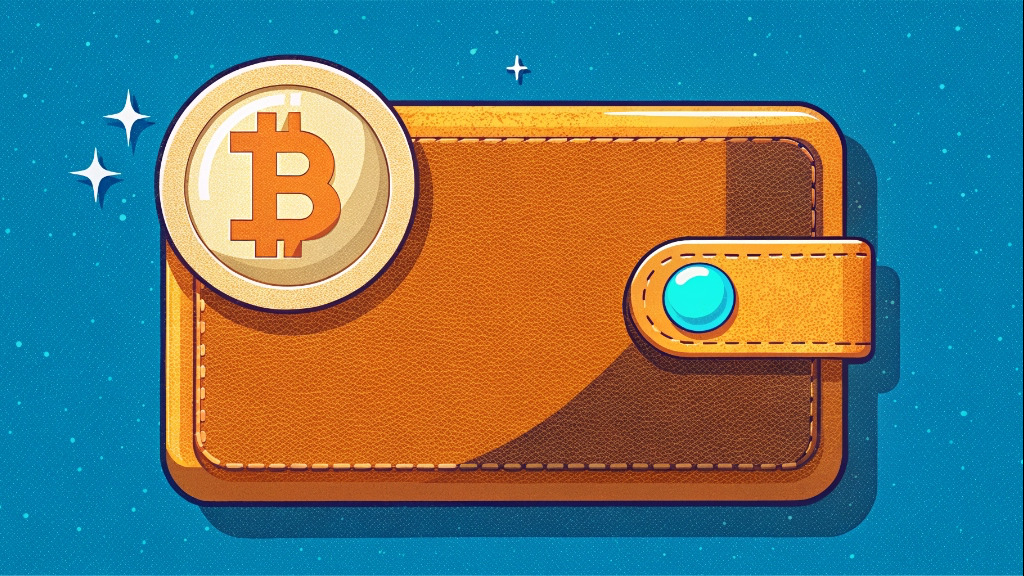
What New Investors Need to Know About Crypto Wallets
When someone new to cryptocurrency decides to create a crypto wallet for the first time, questions often arise about what a wallet really is, how it works, whether wallets are tied to exchanges, how much they cost, and where to start the process. This article addresses these topics, offering a clear and detailed explanation suited for beginners.
What Is a Crypto Wallet?
A cryptocurrency wallet is a software program or device that allows users to store and manage their private keys which are essential to access and control their cryptocurrencies. Unlike a physical wallet that holds cash, a crypto wallet does not actually contain the cryptocurrencies themselves. Instead, cryptocurrencies exist on the blockchain, and the wallet provides secure access to control and transact with those assets.
A wallet contains two keys: a public key, similar to an account number that can be shared to receive funds, and a private key, which must be kept secret because it authorizes spending and transfers. Losing access to the private key means losing control over the crypto assets.
How Does a Crypto Wallet Work?
A crypto wallet works by generating and storing these cryptographic keys. When you want to send cryptocurrency, the wallet uses your private key to sign the transaction and broadcasts it to the blockchain network for validation. Incoming payments are credited to your public key address.
Wallets come in different forms, including software applications, hardware devices, and even physical pieces of paper. Each has pros and cons related to security and usability, which are important for new users to understand.
Are Crypto Wallets Always Linked to a Crypto Exchange?
One crucial point for new investors to understand is that crypto wallets are not always linked to crypto exchanges. There are two main categories of wallets:
- Custodial wallets: These are wallets provided by crypto exchanges or other third-party service providers. When you create an account and buy cryptocurrency through an exchange like Coinbase, Binance, or Kraken, the wallet holding your coins is custodial. This means the exchange keeps the private keys on your behalf. This setup offers convenience, as the exchange manages your keys and security, often simplifying the user experience for beginners.
- Non-custodial wallets: These wallets are independent of any exchange. Users create and control their own private keys directly, meaning they have full ownership and responsibility over their assets. Examples include software wallets like MetaMask, Trust Wallet, or Exodus, and hardware wallets such as Ledger or Trezor. Non-custodial wallets align with the decentralized spirit of cryptocurrency but require users to safely back up and manage their keys. Losing these keys means losing access permanently.
Choosing between custodial and non-custodial wallets depends on individual priorities around control, ease of use, and security.
Do Crypto Wallets Cost Anything?
The cost of setting up and using a crypto wallet varies by type:
- Custodial wallets: Usually free to create as part of opening an account at an exchange. However, exchanges typically charge fees for trading or withdrawing cryptocurrencies.
- Software wallets: Most software wallets are free to download and use. They are often open source or provided at no cost by developers.
- Hardware wallets: These physical devices come with a purchase price, commonly between $50 and a few hundred dollars depending on brand and features. Hardware wallets provide enhanced security by storing private keys offline.
- Paper wallets: Printable keys and addresses generated offline can be free but require careful handling to avoid loss or damage.
It is important to note that independent of wallet type, blockchain networks charge transaction fees for sending cryptocurrencies, but these are not wallet fees.
Where to Create Your First Crypto Wallet
Starting with a crypto wallet depends heavily on your comfort level and goals.
- If you want simplicity and are starting with buying crypto for the first time, use a custodial wallet provided by a reputable cryptocurrency exchange. Setting up an account with Coinbase, Binance, Kraken, or similar platforms will automatically give you a wallet where your purchased coins are stored. These platforms provide easy-to-use interfaces, customer support, and built-in security measures such as two-factor authentication.
- If you want full control over your crypto and are ready to manage your own private keys, consider downloading a non-custodial software wallet. MetaMask and Trust Wallet are good starting points and support many coins across various blockchains. These wallets are free and available for desktop or mobile devices.
- For long-term security and storing significant amounts of crypto, hardware wallets are recommended. Ledger, Trezor, and other brands sell devices that safely store your keys offline. You would first need to purchase the device from official sellers to avoid counterfeit products.
- For those who prefer the maximum security of offline storage, paper wallets are an option but require extra caution to keep the keys safe and intact.
A crypto wallet is an essential tool for anyone wanting to participate in the cryptocurrency ecosystem. Wallets allow users to securely control their digital assets on the blockchain through cryptographic keys. They are not always tied to crypto exchanges; instead, two broad types exist: custodial wallets where a service holds your keys and non-custodial wallets where you control your own keys.
Setting up a crypto wallet can be free or cost money, depending on the type chosen. Exchanges offer free custodial wallets, while most software wallets are free, and hardware wallets require an upfront purchase. New investors should begin with a custodial wallet if they want a simple, user-friendly experience and move to non-custodial wallets as they become more comfortable with managing keys.
To create your first wallet, consider starting at a reputable exchange for a custodial wallet or downloading a popular non-custodial app like MetaMask or Trust Wallet. Always ensure you follow security best practices such as using strong passwords, enabling two-factor authentication, and safely backing up your seed phrases or private keys.
Understanding these basics empowers new investors to safely and confidently enter the world of cryptocurrency.















